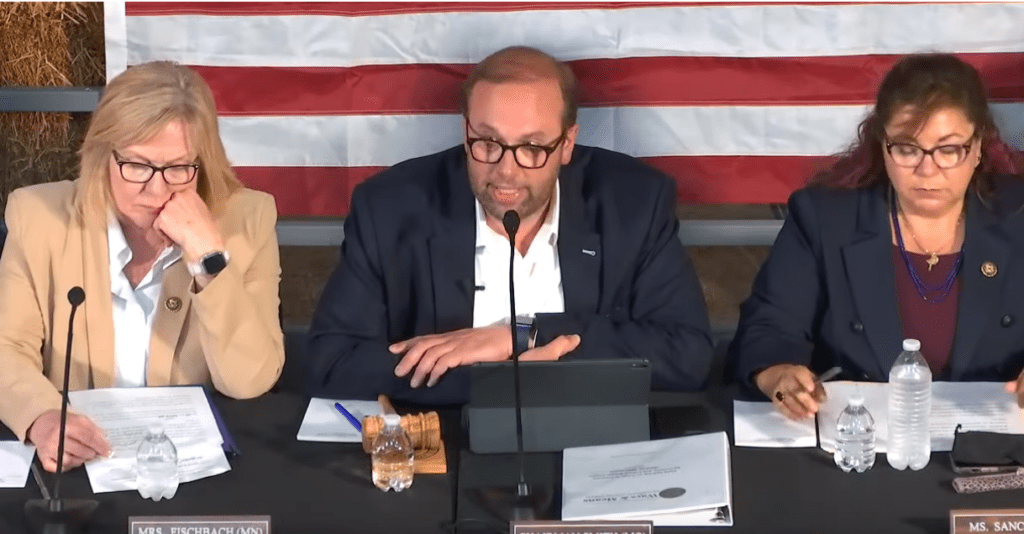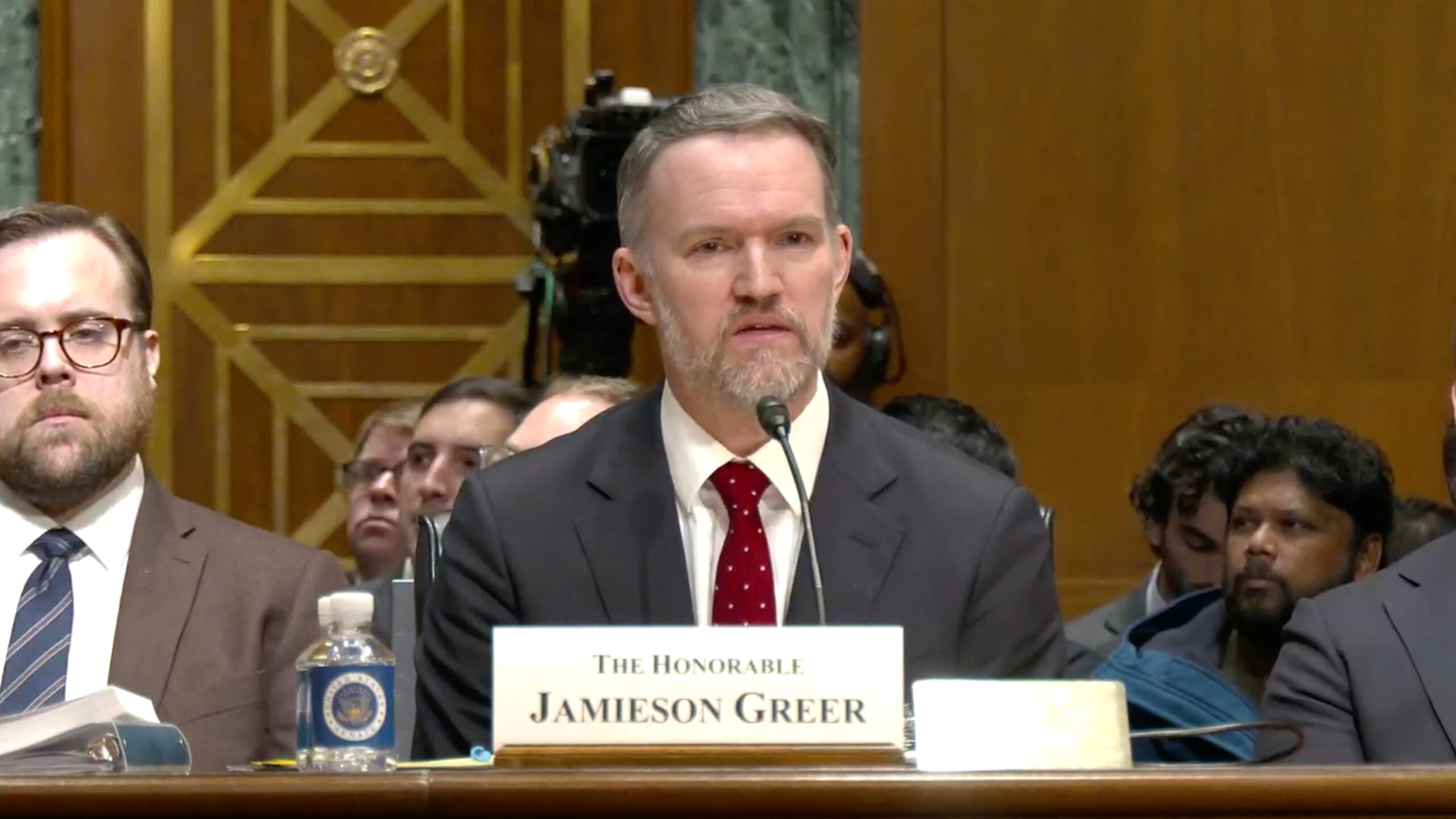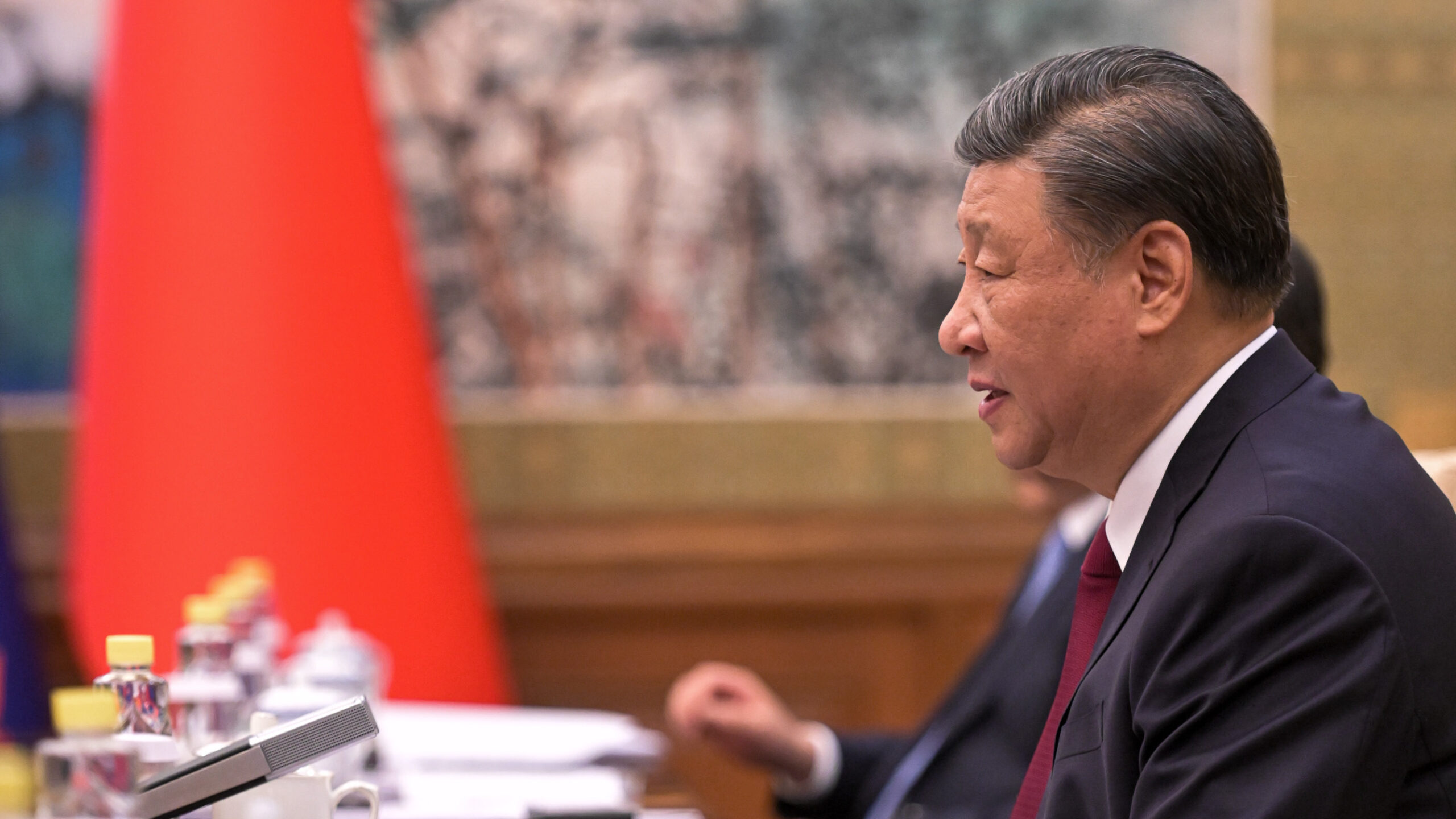Members of the House Ways & Means Committee held a hearing on a farm in Kimball, Minn. on Monday, July 10, to discuss the ag trade. Judging by the hearing title (Protecting American Farmers and Securing Supply Chains), the Committee seemed to distance itself somewhat from farm state Senators in the other legislative chamber who have called for market access in other countries as a remedy to its reliance on China, and CCP hostage-taking during trade disputes.
At least one witness recognized that the Trans-Pacific Partnership (TPP), a sort-of Asian NAFTA, was no longer up for debate. The overall message from the farmers on the panel was that American farmers wanted Congress to help remove non-tariff barriers in some key markets – including bans on GMO corn in Mexico, limits to dairy sales in Canada, and some European markets trying to rename certain cheeses so that products sold as parmesan can only be labeled as such if produced in Europe, rather than in the U.S. Even America’s best allies were not gung-ho on open markets for agriculture.
Brad Vold, owner of Dorrich Dairy in Minnesota, said in his written testimony that, “I need the U.S. government to pursue comprehensive free trade agreements in key markets with growing demand for dairy imports, including Taiwan, Japan, Vietnam, and others in Southeast Asia and the Middle East.” [Testimony] Despite that, he also admitted that things like the TPP are not a panacea for agriculture exports. They don’t always work according to plan, due to countries acting to protect their own domestic agriculture markets, as is the case with Mexico corn producers who do not want to be flooded with American corn and use GMO seeds as a reason to restrict U.S. access to that wide open market, Vold and others said.
“We can’t control the weather, but we can control trade,” Rep. Randy Feenstra (R-IA) told the witnesses, sitting in a barn surrounded by hay bales. Feenstra did not elaborate here.
Much of the hearing was about non-tariff barriers.
Carolyn Olson, Vice President of the Minnesota Farm Bureau Board of Directors, said market access was important, but the U.S. often focuses on one or two commodities and she said it should be for all farm goods. [Testimony]
Farmers in the U.S. rely on trade for approximately 20 percent of their agricultural products, and even more for soy farmers who are almost entirely export-driven. China is the world’s No. 1 soy importer.
According to the USDA Economic Research Service, agricultural exports were around $196 billion in 2022. Minnesota is the fourth largest agricultural export state, with an estimated production value of $9.2 billion annually according to the Minnesota Department of Agriculture.
Olson is also an organic farmer. “Many of the products we grow are exported to Canada and the EU, and my family has worked hard to earn product certifications so that our grains can be used there. Just like any business, more buyers for our products create more favorable margins,” she said.
“Low Hanging Fruits”
Feenstra asked what countries should Congress go after right now to remove barriers and promote more agricultural trade.
The U.K. was the lowest hanging fruit, said Don Schiefelbein, a rancher who hosted the hearing on his property.
“What the U.K. is doing here now is they are going state by state to make deals, and just bypassing Congress altogether,” Feenstra said.
The U.K. has phytosanitary restrictions on American beef.
House Ways & Means Chairman Jason Smith said the Committee would urge President Biden to “tear down unfair trade barriers” – something farmers have heard for generations.
“We know that there are barriers to market access for U.S. beef, pork, and poultry, including in the United Kingdom and in Europe,” Chairman Smith said. He also said farmers are impacted most by U.S. trade policies and are often attacked in trade disputes. China banned soy shipments from the U.S. for nearly a year, its leading supplier, in favor of Brazil and Argentina in 2018-19. The U.S. government had to backstop those financial losses with billions in payouts and government purchase programs. China has since returned to the U.S. soy market.
“Our priorities are working class farmers and farmers,” Smith said. “We have to make sure our policies help them.”
Schiefelbein said in his opening statement that government policies could end up hurting American farmers by making farm upgrades cost prohibitive to remaining in business.
“There will be individuals and countries that try to persuade you to include bad agricultural policies in this year’s Farm Bill,” Schiefelbein said. “Increasing food costs is the single most painful tax you can place on people both in this country and across the world. I urge you to be mindful of the impact agricultural policy has on us,” he said.












